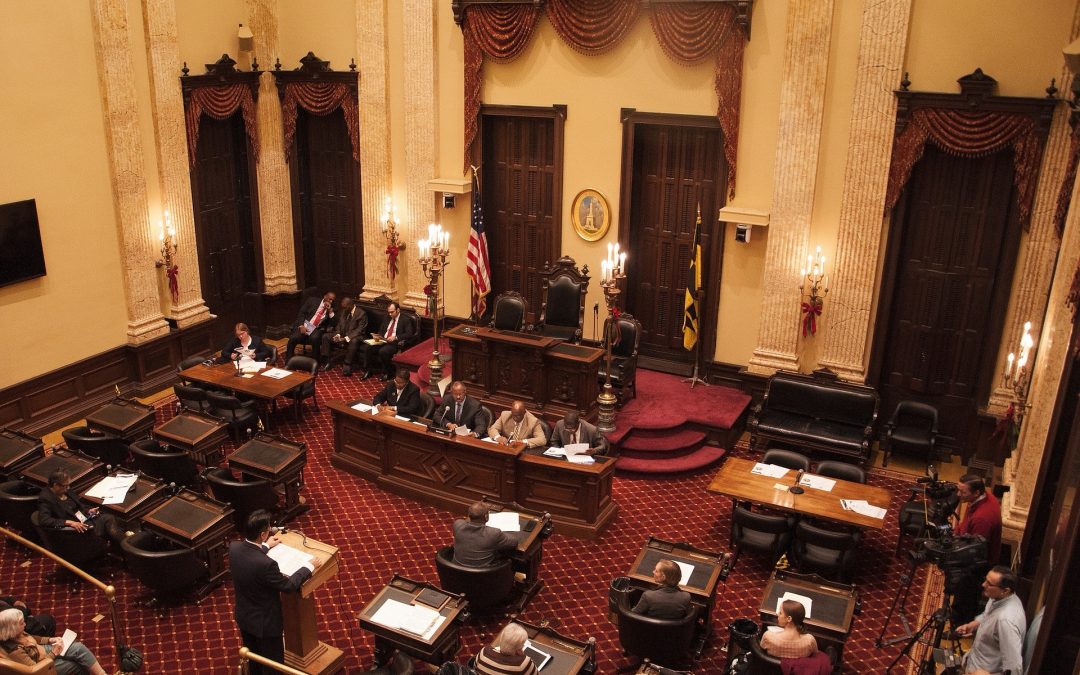Undoubtedly, the United States is becoming an increasingly litigious society. Statistics from the US District Courts database point out that, in 2019 alone, the number of filings for civil cases increased 3% (more than 9,000 cases) while the number of federal cases rose 2% nationwide (more than 150,000).
In this context, many individuals may want to circumvent local probate courts and have cases involving inheritance disputes adjudicated in federal courts. Nonetheless, is it even permitted by law? Depending on the case’s peculiarities, maybe.
In this article, you will have a realistic overview of whether or not it is possible to litigate an inheritance dispute in a federal court in Florida.
Is it Possible to Litigate an Inheritance Dispute Case in a Federal Court? – An Introduction
In the past, it would be almost impossible to think in a nonexceptional inheritance dispute case going to a federal court. However, the context of society is changing, which affects the transformations in law and its interpretation.
However, it is rare to have an inheritance dispute case adjudicated by a federal court. Before proceeding with legal action, it is crucial to sit down with an expert civil litigation attorney to assess the existence of diversity jurisdiction.
Hence, if there is no diversity jurisdiction, one cannot have an inheritance case adjudicated in a federal court n. In the specific case of inheritance disputes, the attorney must prove diversity jurisdiction under the rules applied to trustees and personal representatives.
Also, it is crucial to note that there is no such thing as circumventing probate by accessing a higher-level court in Florida.
Diversity Jurisdiction – Explaining the Concept
Nationwide, courts have subject matter jurisdiction, which refers to the power to decide a case. Consequently, a court can pronounce subject matter jurisdiction if that specific lawsuit belongs to that court.
In the United States, there are two types of court systems – federal courts and state courts. When it comes to determining whether or not a federal court has subject matter jurisdiction to a case, there are two manners to assess it – diversity jurisdiction and federal question jurisdiction.
In terms of diversity jurisdiction, the court is not concerned with “what” the case is about but “who” the case is about. Hence, the first requirement for diversity jurisdiction is that none of the plaintiffs in a case can be citizens of the same state as any defendant(s).
In such cases, US law provides different rules to determine the citizenship of a plaintiff, such as whether the plaintiff is a natural person or a business entity. As it is plain to see, the subject may be a bit complex, so make sure to work with an expert civil litigation attorney in Florida.
To illustrate this case, let us utilize an example. Let us say there is an inheritance dispute case involving two plaintiffs against three defendants. If plaintiffs from Florida and Louisiana jointly sue three defendants from Connecticut, New Hampshire, and Rhode Island, there is diversity jurisdiction.
Secondly, the amount of controversy involved in the case must exceed $75,000. In layman’s terms, the amount of controversy may be determined by how much the plaintiff(s) want in damages from the plaintiff.
For instance, if a plaintiff from Florida sues a defendant in South Carolina for an inheritance dispute, the amount of damages must exceed $75,000 to fulfill the second requirement for diversity jurisdiction.
How to Litigate an Inheritance Dispute in Florida’s Federal Courts – Work with Jurado and Farshchian, P.L.
Determining whether or not an inheritance dispute case in Florida may go to a federal court requires an expert approach. Have your case assessed by a well-versed attorney with a decade of experience and a proven track record of successful clients.
Call attorney Romy B. Jurado today at (305) 921-0976 or send an email to [email protected] to schedule a consultation.





